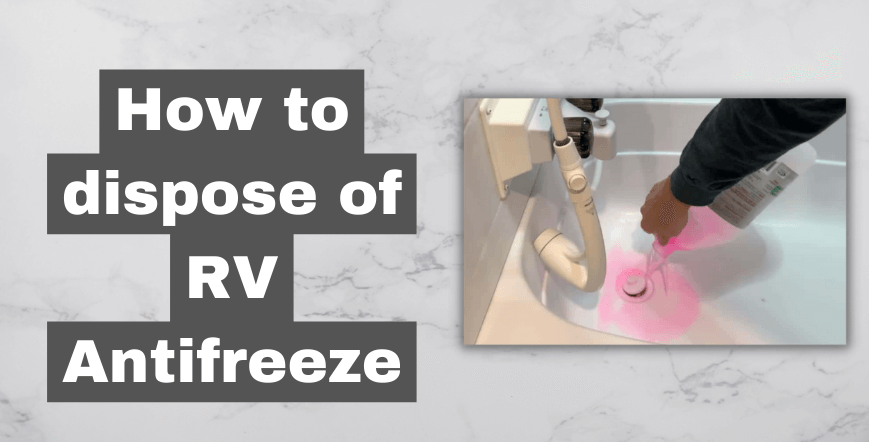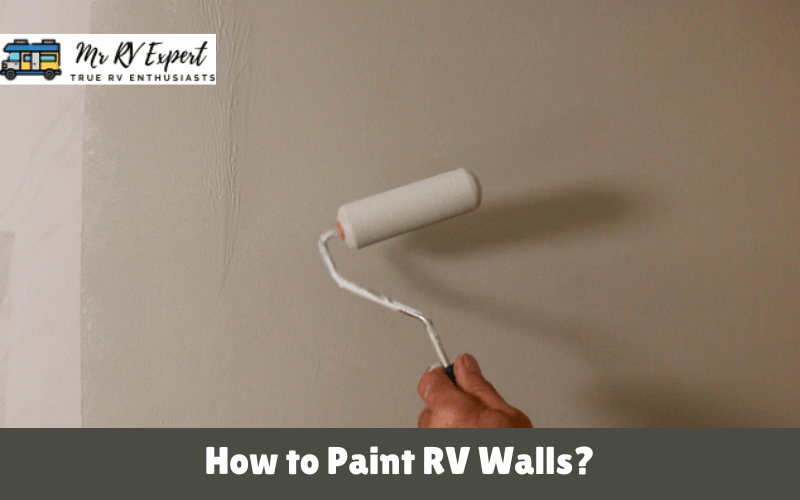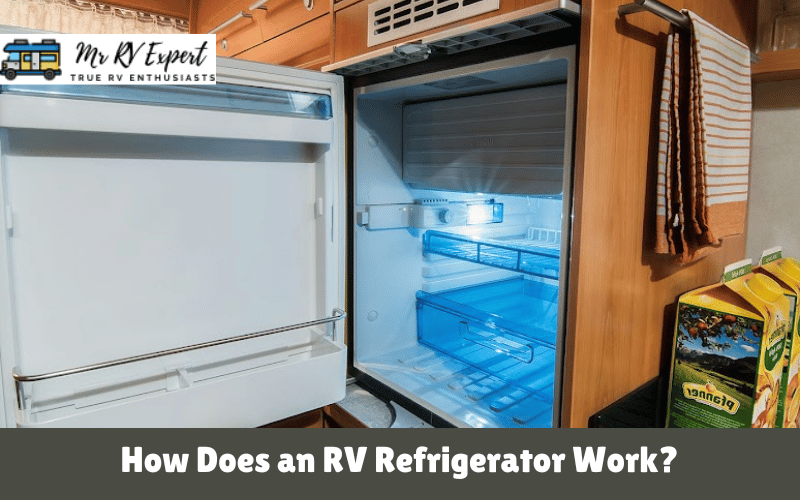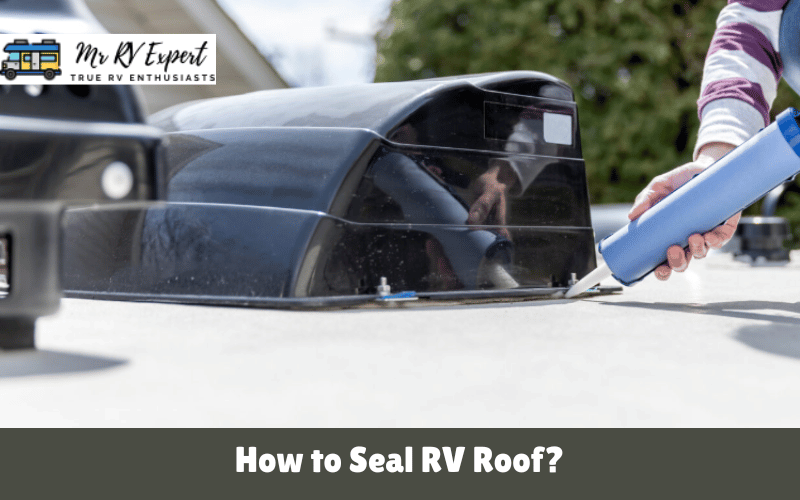RV antifreeze, or ethylene glycol, is highly toxic to humans and animals alike when ingested. If it comes into contact with skin or your eyes, it can cause burning sensations and irritation which will require immediate medical attention. The question then becomes how do you dispose of RV antifreeze? Follow these tips to ensure that you dispose of RV antifreeze safely and responsibly.
Table of Contents
How to dispose of RV Antifreeze
1) Keep away from children
The most important tip for safely disposing of RV antifreeze is to keep it away from children and pets. After all, they’re small enough to mistake it for soda, or even water. But kids aren’t your only concern; don’t pour any part of your antifreeze into a storm drain—the fumes can harm wildlife, including fish and birds.
2) Wear protective gloves
When handling antifreeze, you should always wear rubber gloves to avoid coming into contact with it. Even small amounts of antifreeze can damage your skin and make it susceptible to infection. The best kind of gloves is thick, heavy-duty ones that cover as much of your body as possible. They’re more likely to protect you from exposure than thin latex or vinyl ones. However, no matter what kind of glove you use, be sure not to touch any part of it that will come in contact with antifreeze—you don’t want to contaminate yourself! Also, be sure not to touch anything else while wearing these gloves—otherwise, they may become contaminated too.
3) Use an empty non-reactive container
Some antifreeze containers are made of steel or aluminum. Check that your container is not reactive with antifreeze, especially if you’re pouring into a smaller container than your original tank. If it is, do not use it. Instead, find an empty plastic bottle for disposal—just make sure it’s clean and non-reactive as well.
4) Add only small amounts of antifreeze at a time
Adding too much antifreeze at once can be very dangerous, even fatal. To ensure that you never mix more than one gallon of antifreeze in a smaller container and that you don’t accidentally spill it on yourself or your vehicle, always add small amounts of new antifreeze to your old supply slowly.
5) Dilute the antifreeze with water
The easiest way to dispose of antifreeze is to dilute it with water. Add an equal amount of water to one gallon of antifreeze and mix thoroughly. diluting your antifreeze will make it less toxic and easier on your plumbing pipes.
6) Dispose of antifreeze in designated areas
When getting rid of old antifreeze, be sure to dispose of it in a designated spot so that it doesn’t seep into other bodies of water. Contact your local waste disposal company for more information on how and where to safely get rid of old antifreeze.
Is it safe to pour antifreeze into sink?
Do not pour it down your sink or toilet—it can contaminate our water supply and harm wildlife. But if you have a very little amount of antifreeze, then you can pour your diluted antifreeze down your sink’s drain, but be sure to run plenty of cold water afterward so that you don’t clog your pipes.









